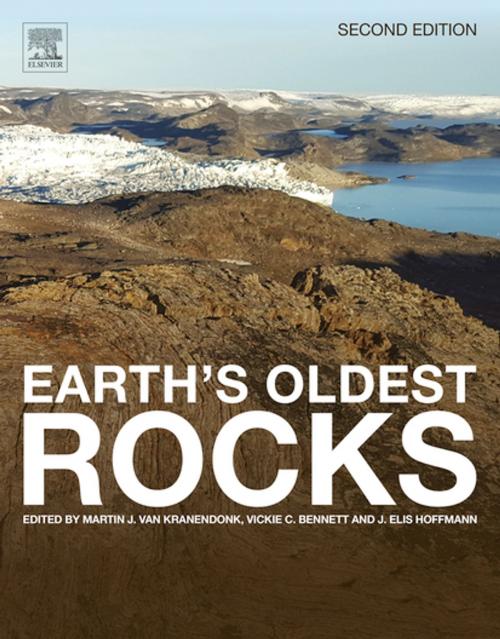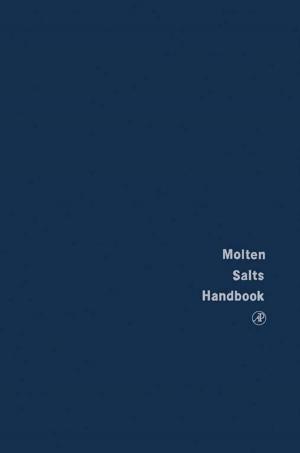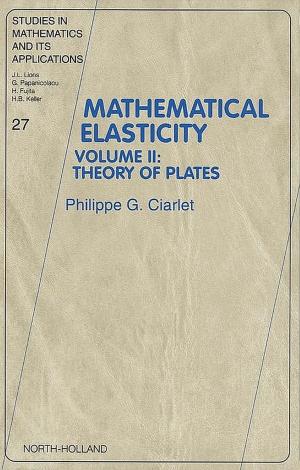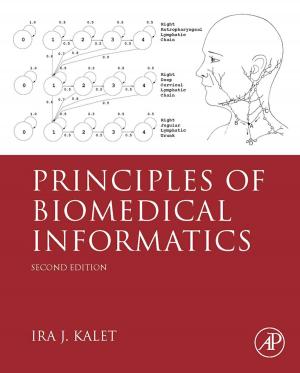| Author: | ISBN: | 9780444639028 | |
| Publisher: | Elsevier Science | Publication: | September 26, 2018 |
| Imprint: | Elsevier | Language: | English |
| Author: | |
| ISBN: | 9780444639028 |
| Publisher: | Elsevier Science |
| Publication: | September 26, 2018 |
| Imprint: | Elsevier |
| Language: | English |
Earth’s Oldest Rocks, Second Edition, is the only single reference source for geological research of early Earth. This new edition is an up-to-date collection of scientific articles on all aspects of the early history of the Earth, from planetary accretion at 4.567 billion years ago (Ga), to the onset of modern-style plate tectonics at 3.2 Ga. Since the first edition was published, significant new advances have been made in our understanding of events and processes on early Earth that correspond with new advances in technology. The book includes contributions from over 100 authors, all of whom are experts in their respective fields.
The research in this reference concentrates on what is directly gleaned from the existing rock record to understand how our planet formed and evolved during the planetary accretion phase, formation of the first crust, the changing dynamics of the mantle and style of tectonics, life’s foothold and early development, and mineral deposits. It is an ideal resource for academics, students and the general public alike.
- Advances in early Earth research since 2007 based primarily on evidence gleaned directly from the rock record
- More than 50% of the chapters in this edition are new and the rest of the chapters are revised from the first edition, with more than 700 pages of new material
- Comprehensive reviews of areas of ancient lithosphere from all over the world, and of crust-forming processes
- New chapters on early solar system materials, composition of the ancient atmosphere-hydrosphere, and overviews of the oldest evidence of life on Earth, and modeling of early Earth tectonics
Earth’s Oldest Rocks, Second Edition, is the only single reference source for geological research of early Earth. This new edition is an up-to-date collection of scientific articles on all aspects of the early history of the Earth, from planetary accretion at 4.567 billion years ago (Ga), to the onset of modern-style plate tectonics at 3.2 Ga. Since the first edition was published, significant new advances have been made in our understanding of events and processes on early Earth that correspond with new advances in technology. The book includes contributions from over 100 authors, all of whom are experts in their respective fields.
The research in this reference concentrates on what is directly gleaned from the existing rock record to understand how our planet formed and evolved during the planetary accretion phase, formation of the first crust, the changing dynamics of the mantle and style of tectonics, life’s foothold and early development, and mineral deposits. It is an ideal resource for academics, students and the general public alike.
- Advances in early Earth research since 2007 based primarily on evidence gleaned directly from the rock record
- More than 50% of the chapters in this edition are new and the rest of the chapters are revised from the first edition, with more than 700 pages of new material
- Comprehensive reviews of areas of ancient lithosphere from all over the world, and of crust-forming processes
- New chapters on early solar system materials, composition of the ancient atmosphere-hydrosphere, and overviews of the oldest evidence of life on Earth, and modeling of early Earth tectonics















